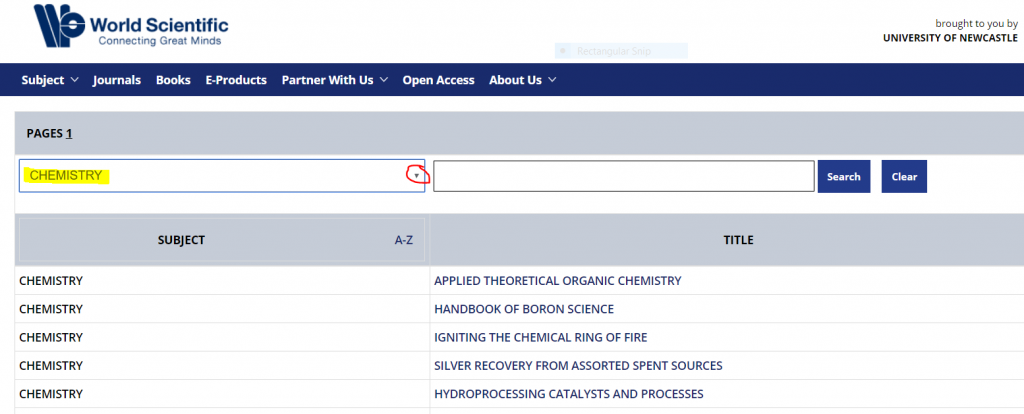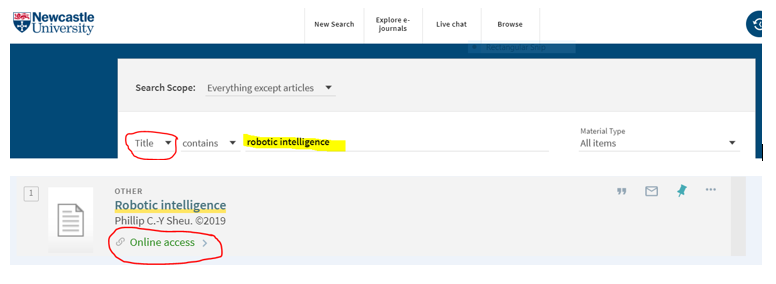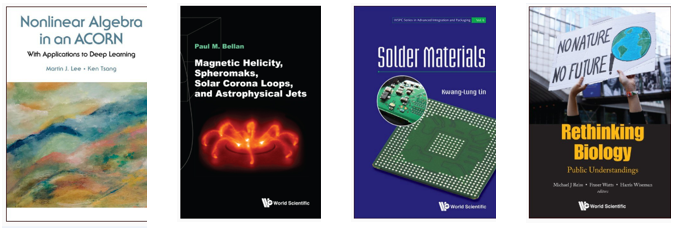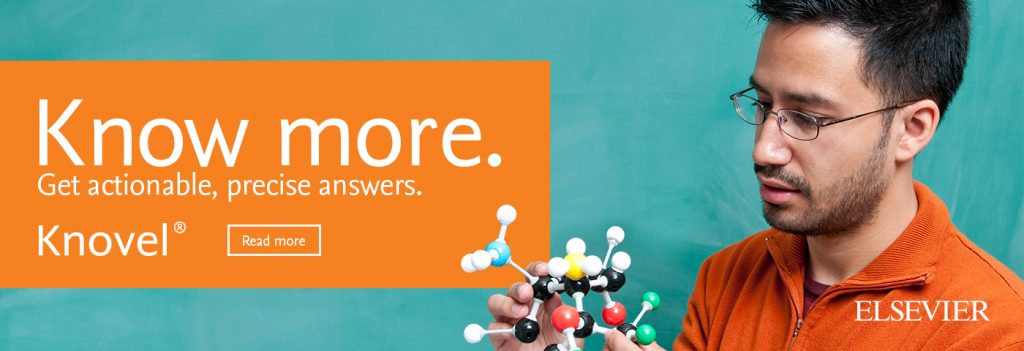
Knovel provides a searchable database of handbooks, data sets and reference sources in engineering (chemical, civil, electrical, mechanical, materials and biotechnology), chemistry and biochemistry, earth and environmental sciences among other areas. You can search within a particular work, or across the entire Knovel collection. Searching can be done by keyword or by numeric data ranges.
Knovel has a data search feature that allows you to find materials that meet specific parameters including physical, mechanical and thermal properties. Tools within Knovel include interactive charts, graphs, spreadsheets, and equation plotters.
You have access to:
- Technical reference resources from 150+ publishers including AIChE/CCPS, NACE and more.
- 65M+ data points including material and chemical property data
Technical reference collections that we subscribe to here at Newcastle University include:
| Adhesives; Coatings; Sealants & Inks |
| Aerospace & Radar Technology |
| AICHE/CCPS – Center for Chemical Process Safety |
| Biochemistry; Biology & Biotechnology |
| Ceramics & Ceramic Engineering |
| Chemistry & Chemical Engineering |
| Civil Engineering & Construction Materials |
| Electrical & Power Engineering |
| Electronics & Semiconductors |
| Environment & Environmental Engineering |
| Food Science |
| General Engineering & Project Administration |
| Marine Engineering & Naval Architecture |
| Mechanics & Mechanical Engineering |
| Metals & Metallurgy |
| Oil & Gas Engineering |
| Pharmaceuticals; Cosmetics & Toiletries |
| Plastics & Rubber |
| Process Design; Control & Automation |
| Safety & Industrial Hygiene |
| Sustainable Energy & Development |
| Textiles |
Check out Knovel’s Support Centre that highlights news and FAQ’s. You can also get access to many video tutorials, including a very handy overview to help you get started with Knovel.
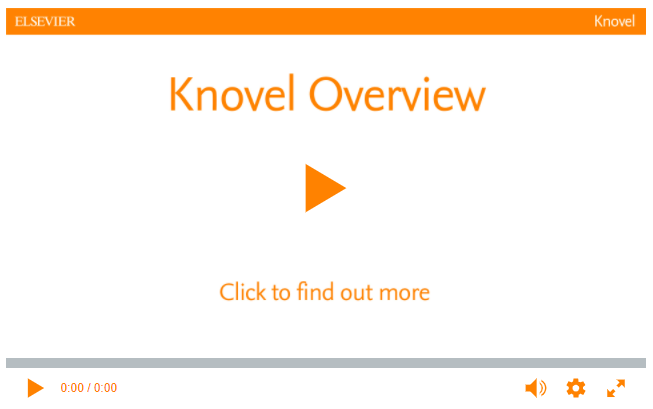
There is also a downloadable Quick Start Guide and a LibGuide, so you should always be able to find any help you may need.
If you are wondering how to find Knovel, you can either search for it in Library Search or you can find it in all of the Engineering, Sciences and Computing Subject Guides under both the ‘Books and eBook’ AND the ‘Journals and Database’ (eJournal Collections) tabs.
If you have any questions regarding Knovel, please contact your Liaison Librarian.



